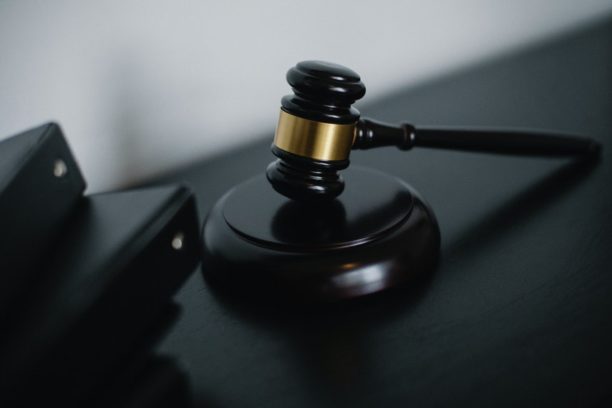Last month, I predicted that the current SEC would eliminate the conflict minerals rule: “[SEC Chair Paul] Atkins may eventually address the rule in some manner, but probably not soon.”
Seems like I may be wrong about the “not soon” part.
On Monday, SEC Commissioner Mark Uyeda made remarks at the “SEC Speaks” Conference 2025. After addressing the climate disclosure rule …
“The Commission twisted itself into knots to conclude that a 1% climate risk effect is quantitatively material. In my view, the climate-related disclosure rule was more about politics and social change than financial regulation. At any time, Congress could have enacted legislation to address greenhouse gas emissions and climate change, but it chose not to do so. If Congress, which is politically accountable to the voters, failed to take action, then I see little reason for unelected financial regulators without expertise in climate policy to fill that gap.”
… he turned to the conflict minerals rule – mirroring themes about SEC’s raison d’etre from SEC Chair Atkins’ testimony during his confirmation hearing and in comments Atkins made yesterday to the House Appropriations Subcommittee on Financial Services and General Government. Uyeda said:
“If the Commission had studied the historical past, it would have realized that social change through financial disclosure regulation does not usually work. One need only to look at Section 1502 of the Dodd-Frank Act, which directed the Commission to issue rules requiring certain companies to disclose their use of ‘conflict minerals’ that originate out of the Democratic Republic of the Congo or adjoining countries. The term ‘conflict minerals’ includes gold, tantalum, tin, and tungsten. Granted, this obligation was a directive set forth in legislation, but the abject failure of this provision should give pause to further attempts to use the SEC’s disclosure regime to achieve social or political goals…
It is far past time to re-evaluate such obligations with a view to determining whether such disclosure requirements should remain in effect. Key provisions of the underlying statute provide that it terminates on the date on which the President makes certain determinations. Congress can also repeal this statutory provision. In any event, the SEC should cease using financial disclosure regulations to bring about human rights changes in Africa, to the extent permitted by law.”
Michael Littenberg gave some important background as well:
“As alluded to in Commissioner Uyeda’s speech, there are mechanisms for the Rule to be terminated, as well as postponed. Under Section 13(p) of the Exchange Act, the SEC must revise or temporarily waive the requirements of the Rule for up to two years if the President transmits to the SEC a determination that the revision or waiver is in the U.S. national security interest. In addition to repeal by Congress, the Rule’s disclosure requirements can be terminated by the President if the President determines and certifies to the appropriate Congressional committees that no armed groups continue to be directly involved and benefiting from commercial activity involving conflict minerals.
At the beginning of Trump 1.0, a draft of a Presidential Memorandum suspending the Conflict Minerals Rule was circulating, but it was never signed. Given the Trump 2.0 focus on raw materials security, as well as its goal to cut regulation, perhaps that Memorandum will be taken out of the drawer.”
Some may once again wonder if the end of the rule means an end to minerals traceability activities. While stand alone public disclosure may not be required behind-the-scenes activities are likely part of EU CSRD and CS3D (at least for now) compliance work – plus as I mentioned previously:
“Beyond regulatory compliance, many companies incorporate conflict minerals requirements into supplier agreements and Codes of Conduct, creating other legally-binding requirements for conflict minerals due diligence (although perhaps not disclosure itself).”
Members can read more about responsible supply chain matters here.
If you aren’t already subscribed to our complimentary ESG blog, sign up here for daily updates delivered right to you.
DID YOU KNOW … we are much more than just blogs. PracticalESG provides tools and guidance for in house staff and outside advisors – from beginners to senior practitioners. We scour third party resources, vetting and filtering them – saving you hours of your day doing that yourself. And we don’t use AI to produce any content.
If you’re not already a member, sign up now and take advantage of our no-risk “100-Day Promise” – during the first 100 days as an activated member, you may cancel for any reason and receive a full refund. But it will probably pay for itself before then.
Are you a client of one of our Partners? Contact them for exclusive pricing packages for PracticalESG.










